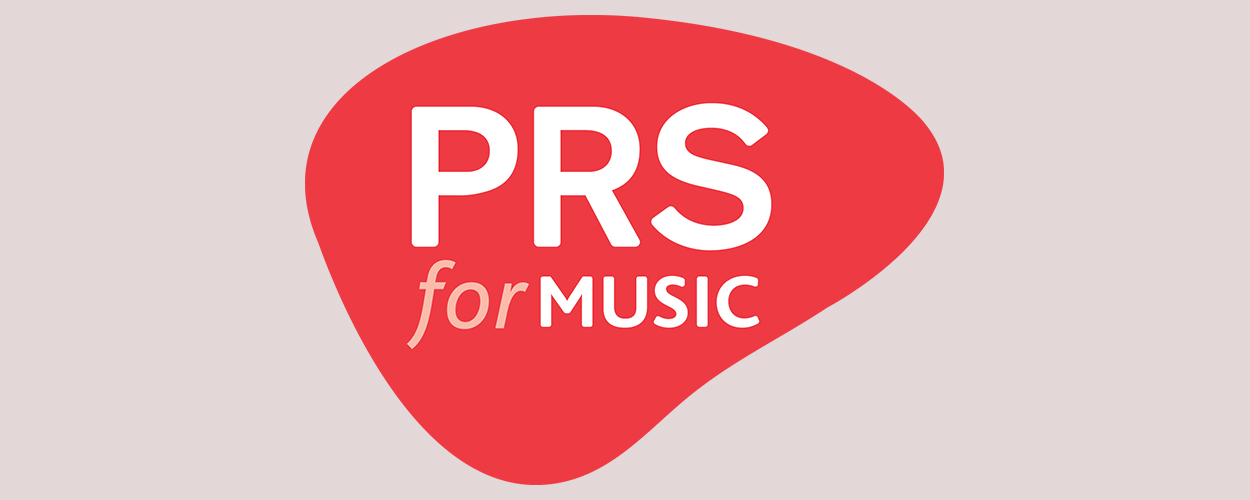This website uses cookies so that we can provide you with the best user experience possible. Cookie information is stored in your browser and performs functions such as recognising you when you return to our website and helping our team to understand which sections of the website you find most interesting and useful.
Business News Digital Labels & Publishers Live Business
LIVE voices its opposition to PRS’s new livestream licence
By Chris Cooke | Published on Friday 21 May 2021

The trade group that represents the UK live music sector, LIVE, has joined the Music Managers Forum and the Featured Artists Coalition in criticising the recently unveiled PRS licence for ticketed livestreamed shows. It argues that the royalty rate PRS is charging will have “a chilling effect” that could make livestreaming unviable in the long term.
Collecting societies and music publishers around the world have been busy figuring out how to best license livestreaming over the last year, after the COVID-caused shutdown resulted in new interest in livestreamed shows, among fans and within the industry. That meant that a plethora of livestreamed concerts went ahead with the costs and mechanics of licensing the song rights that would be exploited in those shows still to be confirmed.
One challenge is that the way song rights are licensed for live shows is very different to the way song rights are licensed for streaming services, both in terms of complexities and costs. And it’s generally been decided that a livestream is more of a stream than a live show. Which means separate licences may be required for each country the show is accessed in, and from both music publishers and collecting societies. And the rates will be higher than for real world gigs.
In the UK, collecting society PRS has sought to simplify the licensing of livestreamed shows as much as possible, by pulling together a licence which includes the performing rights it directly controls, and the separate reproduction and sync rights in the same songs usually controlled by music publishers, all of which are arguably exploited by live-streaming. It has also sought to make the licence as global as possible.
Artists, managers and promoters who have staged livestreamed shows over the last year have generally welcomed those efforts, however, they are not so happy with the price PRS is charging for its livestream licence.
Late last year PRS floated a proposal that it would charge a royalty rate of between 8% and 17% of each livestreamed concert’s revenues, with the lower rate applying to the first £50k of income, and then the rate increasing on revenues beyond £50k. The 17% rate would have applied to income above £450,000. That price range compares to the 10-15% of revenue charged on streams, and the 4% of ticket income charged on real world gigs.
Those proposals resulted in quite a backlash from artists, managers and promoters, who argued those rates were too high, and that PRS had failed to consult with the wider music community before coming up with its rate card. In response to that backlash PRS accepted written submissions form interested parties and staged a number of roundtable discussions.
Based on that feedback it formally launched its livestreaming licence earlier this month with a single percentage rate now being applying to all revenues for shows that bring in more than £1500. What that single rate will be long-term is still to be confirmed, but for shows that take place during the COVID pandemic it will be 10%.
That announcement sparked another backlash. Partly because the rate is two and half times higher than what is charged for real world gigs, which many argue livestreams during COVID have been directly replacing. And partly because it’s higher than the 8% rate previously floated for revenues of up to £50,000.
MMF and FAC were quick to hit out at the new licence, stating that it “has the potential to be damaging for many artists who have livestreamed during the pandemic”, and that “the high level of backdated tariffs for online shows will be widely viewed as unjustifiable”.
Meanwhile, in a new statement, LIVE states: “In a year where we all relied on online connectivity, livestreaming was one of the only ways artists were able to reach out to fans, providing hope and entertainment while also generating some crucial income. PRS For Music’s proposed streaming tariff is unacceptable because it is now higher than initially proposed and due to be backdated”.
“This leaves people in the potentially bleak position of needing to raise funds for activity that happened some time ago”, it goes on. “It unfairly targets those artists who relied on livestreaming as a lifeline throughout the pandemic”.
“LIVE fully supports creators being rewarded for their work, be they writers or performers. But the proposed rate will have a chilling effect on live streaming, leading to the perverse outcome of streaming being uneconomical and therefore much less appealing for artists and promoters. That would be a poor outcome for the whole music ecosystem”.
PRS insists that the 8% rate on the first £50,000 of revenue was only ever a proposal, and therefore the 10% rate is not an increase, because until earlier this month there was no official rate. It also argues that the 10% figure is competitive when compared to what societies in other countries are charging for livestreams.
It remains to be seen if MMF, FAC and LIVE can force another rethink.





